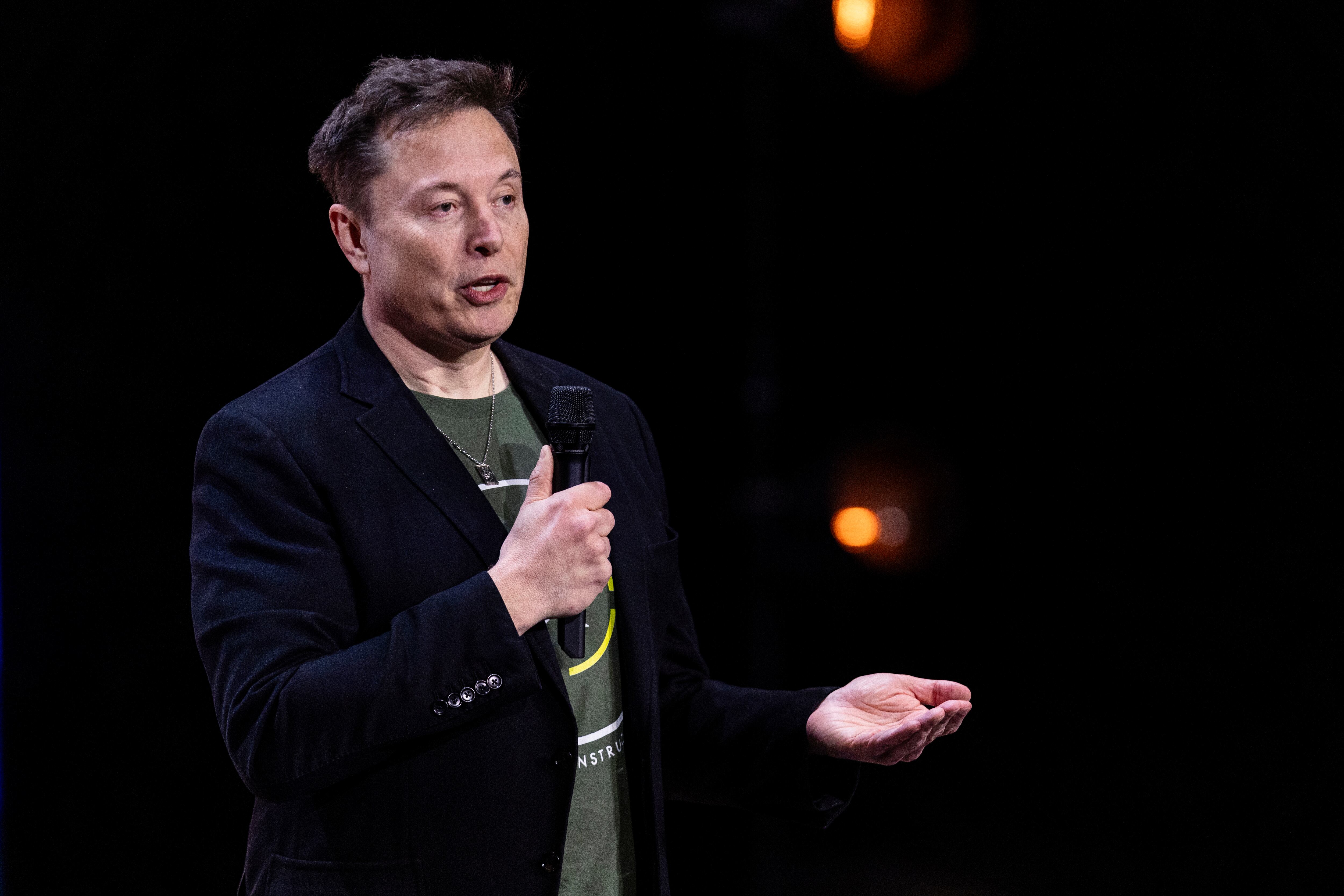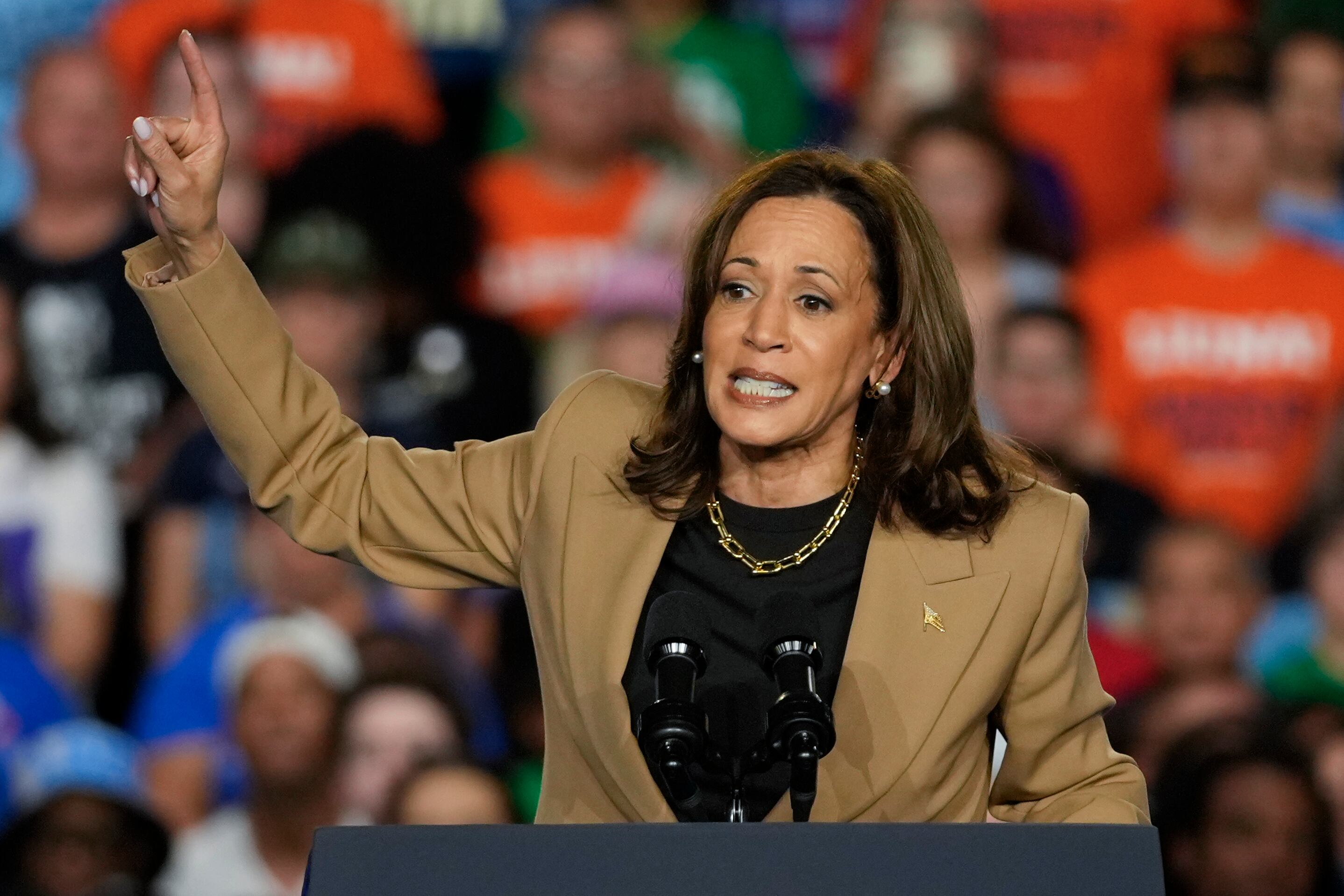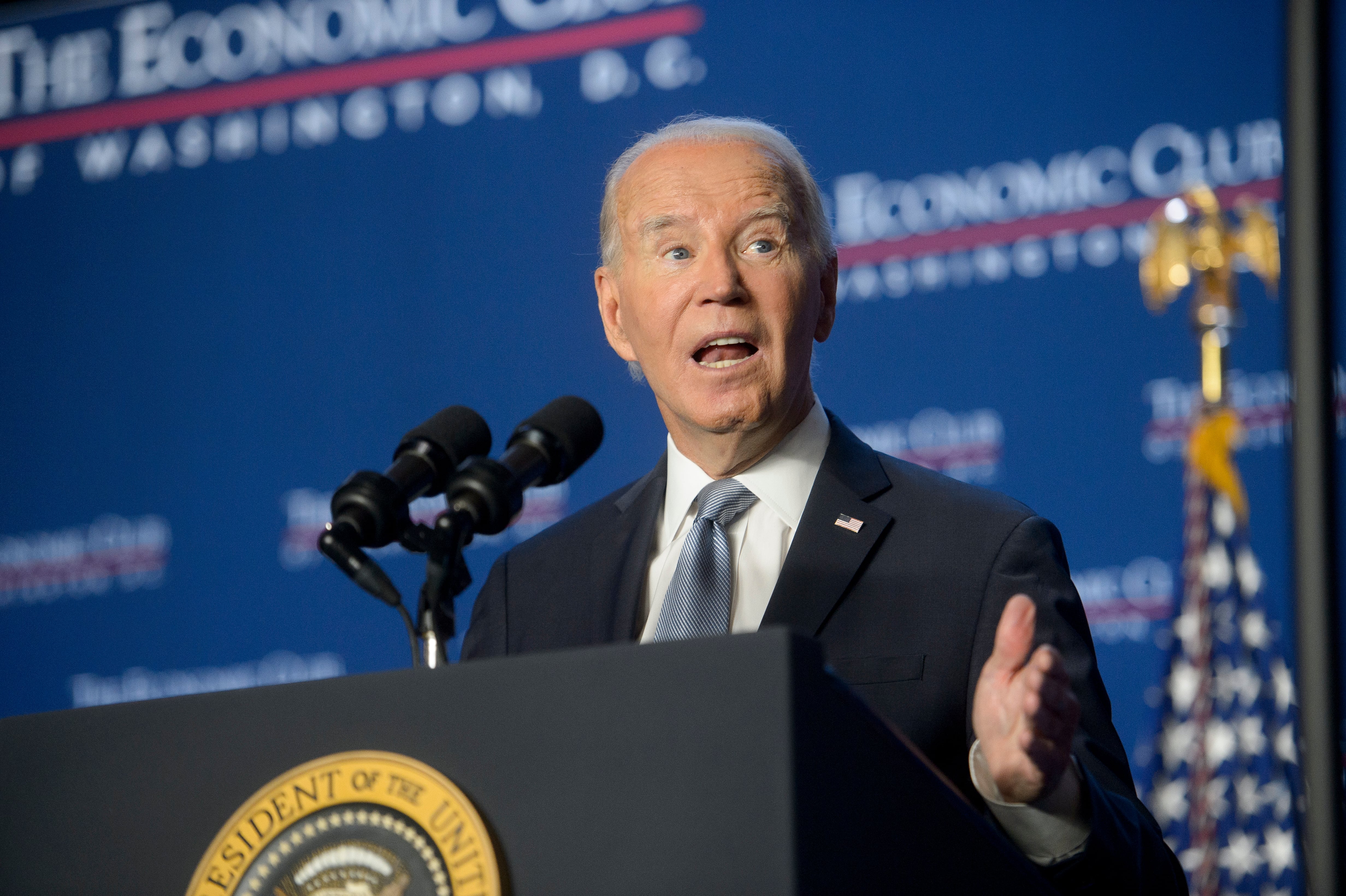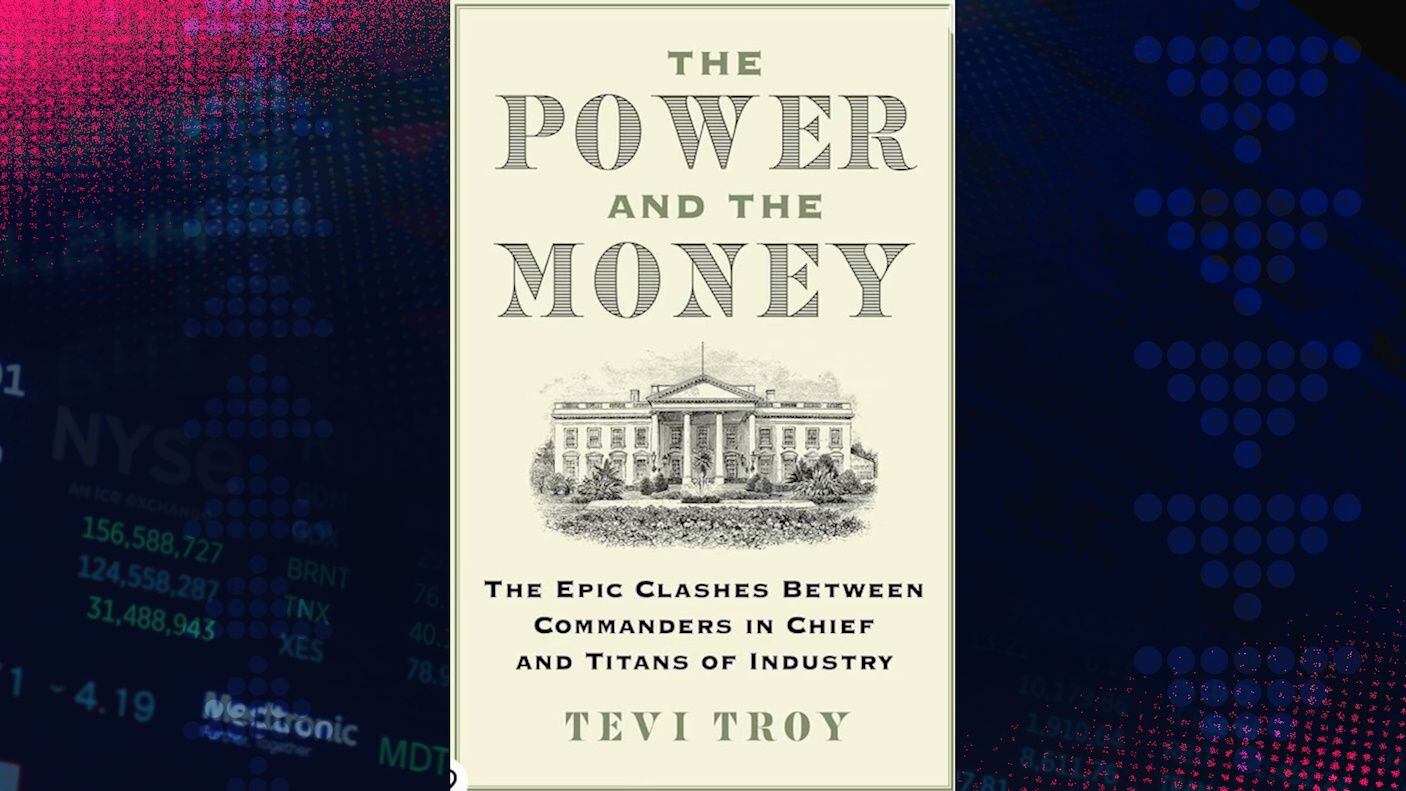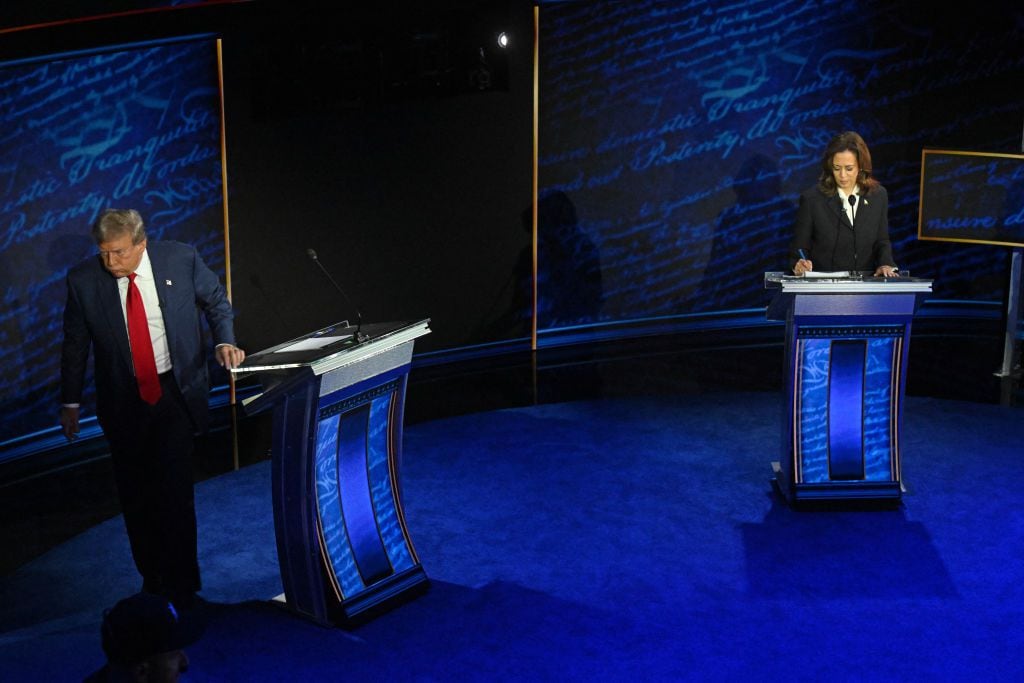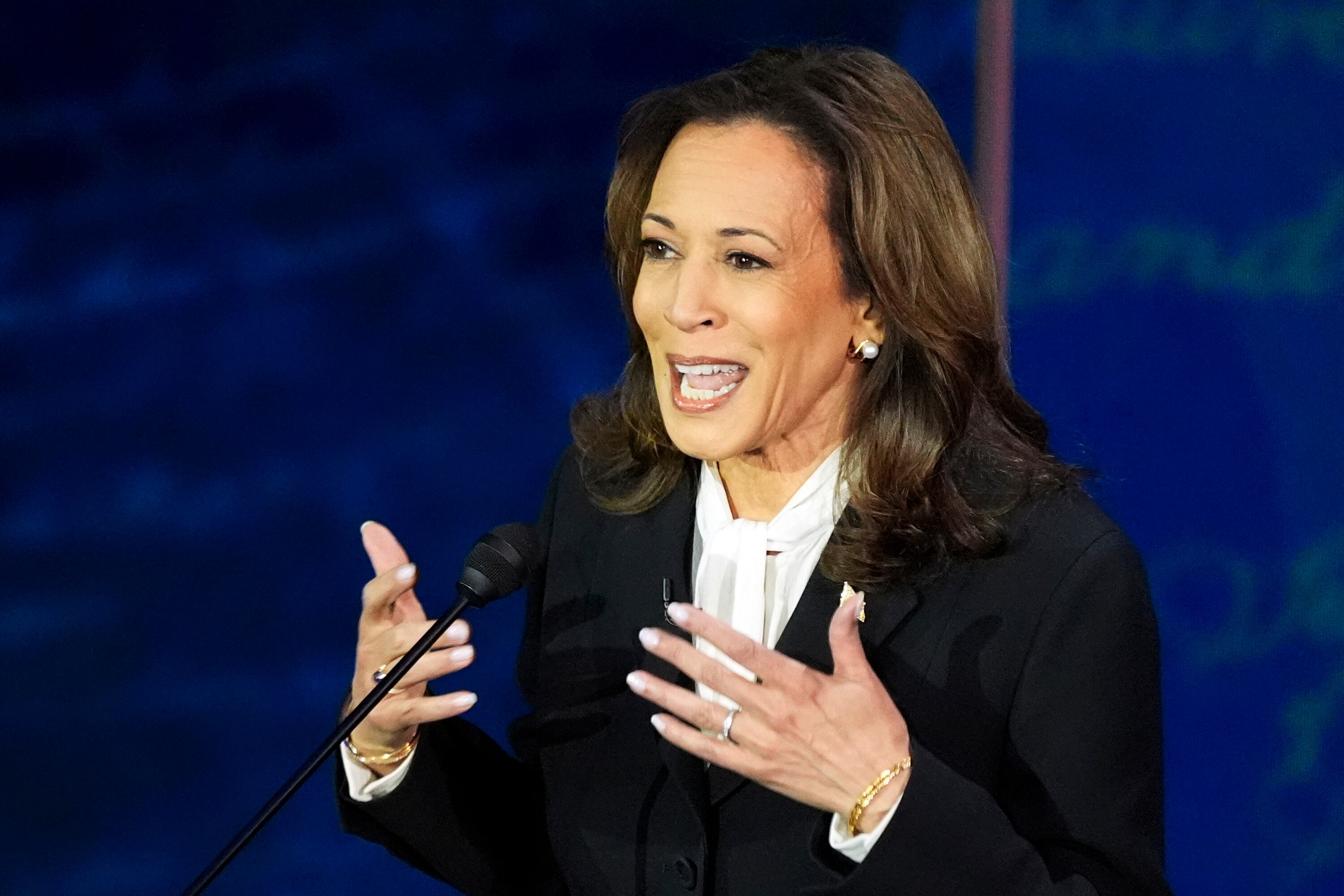*By Conor White* After President Trump's unflagging defenses of Vladimir Putin this week, many in Washington fear that Russia may have "Kompromat," or compromising information, on the commander-in-chief. Rep. Brendan Boyle (D-PA) is among the concerned. "I'm not generally prone to conspiracy theories," he told Cheddar on Friday. "But I have to say, this week has been a real shift, myself personally and a number of really serious, responsible people who I trust, who were always resisting that explanation up until this week, because it's just so bizarre, the behavior President Trump exhibited while standing side-by-side with Vladimir Putin." Trump had ample chances to support the near-universal theory that Russia meddled in the 2016 presidential election. But during his controversial co-presser with Putin on Monday, the president denied any foul play. The next day at the White House, Trump reversed his stance. Boyle lamented that he should be used to this type of behaviorーbut he still doesn't have to like it. "Eighteen months into this presidency I should probably stop being surprised, and yet I still am surprised when something as glaring as an American president on foreign soil, standing side by side with a Russian dictator, sides with the Russian dictator over the U.S., FBI, and U.S. intelligence agencies." Trump's latest actions have alarmed several other republican lawmakers, including Sens. John McCain (R-AZ), Jeff Flake (R-AZ), and Ben Sasse (R-NE). Rep. Boyle reiterated that this president is unlike any other. "There was really no difference from Harry Truman to Barack Obama in terms of the idea of supporting NATO, that we were strongest when we stood together, that we were strongest in resisting first Soviet and then Russian expansionism and aggression. Donald Trump comes in and completely throws that all out." For full interview, [click here](https://cheddar.com/videos/trumps-attitude-towards-putin-has-dems-seeing-red).


